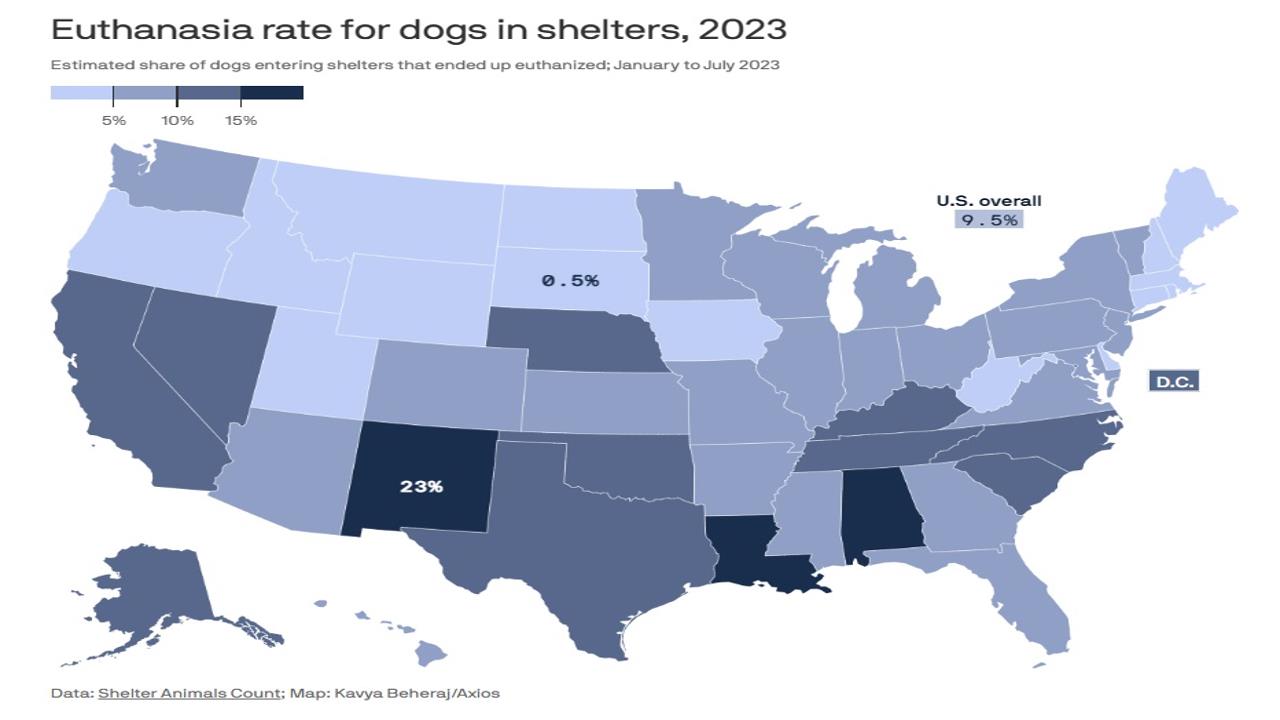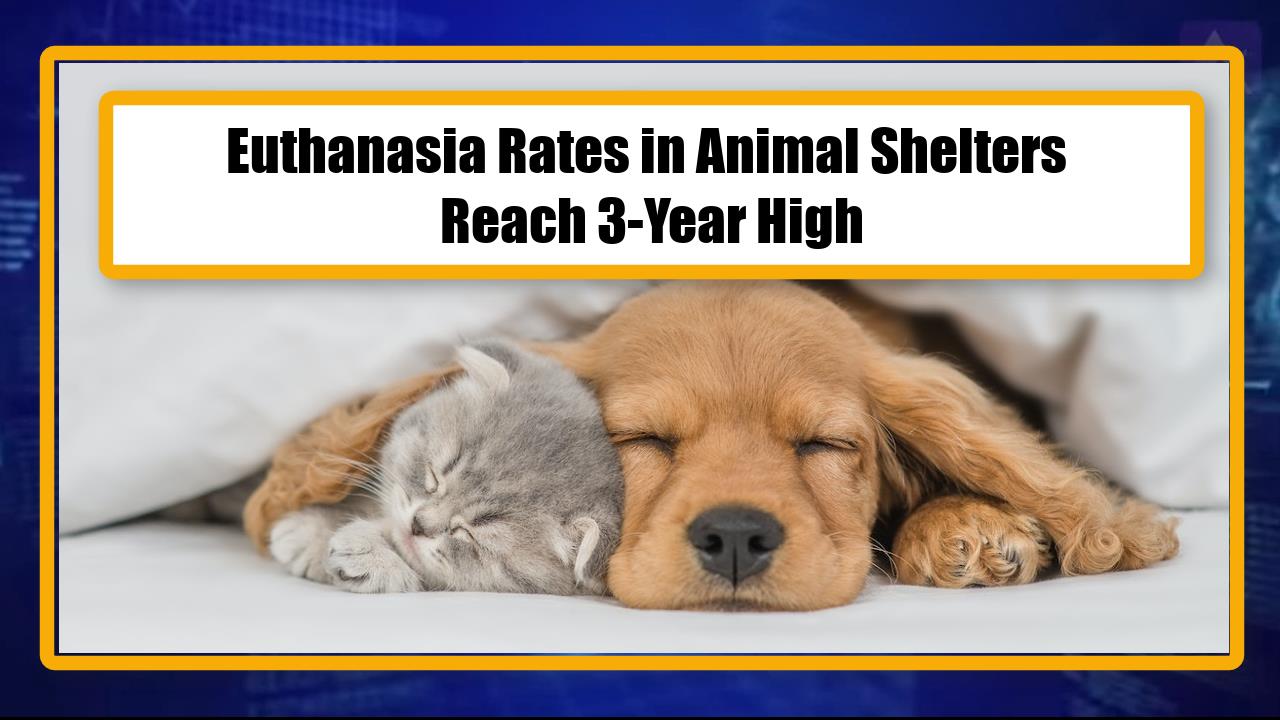Video:
Take our online poll:
AI Analysis:
The preference for dogs over children can vary widely among individuals and can be influenced by a range of personal, cultural, and situational factors. Here are some reasons why some people might prefer dogs over having children:
1) Companionship: Dogs provide companionship and unconditional love, often without the complex emotional and social dynamics that come with raising children.
2) Responsibility: Taking care of a dog involves responsibilities, but they might be perceived as less overwhelming than the responsibilities of raising children.
3) Lifestyle: Some individuals might have lifestyles that are better suited for having a dog. Dogs require attention, but they don't typically disrupt one's life to the extent that children might.
4) Freedom: Having a dog can allow for greater personal freedom than having children. Dogs can be left at home alone for periods, whereas children require constant care and supervision.
5) Emotional Connection: People can form deep emotional bonds with dogs. Dogs offer consistent companionship and affection, which can be fulfilling for individuals who might not seek or desire the same emotional connection with children.
6) Cost and Commitment: Raising a child involves substantial financial and time commitments. Some individuals might find the costs and demands of child-rearing to be impractical or undesirable.
7) Parenting Anxiety: The responsibility of parenting can come with significant stress and anxiety for some individuals. Dogs might offer a sense of parental role without the same level of stress.
8) Past Experiences: Positive experiences with dogs, such as growing up with them, can lead to a strong affinity for canine companionship.
9) Physical and Mental Health Benefits: Dogs offer physical exercise, emotional support, and stress reduction, which can be particularly appealing to individuals who might not want to or cannot have children.
10) Cultural and Societal Factors: Cultural norms, societal pressures, and individual preferences can play a role. Some societies place a strong emphasis on parenthood, while others value different forms of companionship.
It's important to note that personal preferences are subjective and can be influenced by a wide range of factors. There is no right or wrong choice when it comes to choosing companionship and fulfilling one's needs for connection and caregiving. Ultimately, the decision to have children or prioritize a pet like a dog is deeply personal and reflective of individual circumstances, values, and desires.
Chart:

References:


Comments